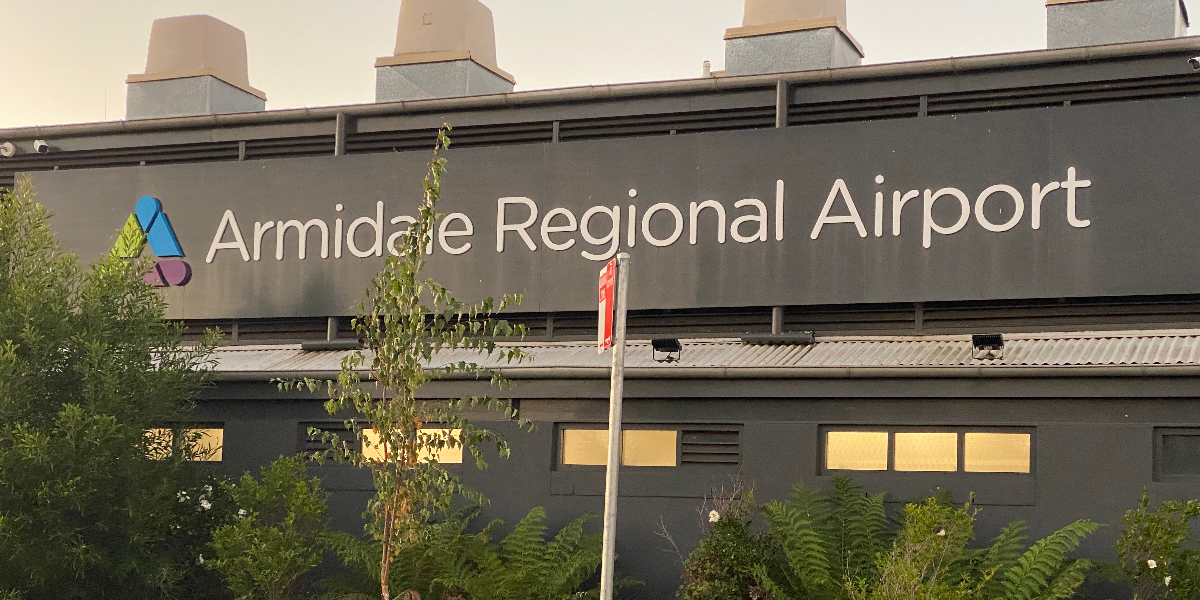Following a change to funding for airport security, passengers on Rex and Link flights out of Armidale will no longer need to go through security screening.
Armidale Regional Airport has set aside a gate for flights that fall beneath the government’s security screening threshold of 40 passengers. Gate 3 at the airport will handle all Rex flights to Sydney and Link flights to Brisbane, while Qantas passengers flying to Sydney will continue to use the screened departure gate.
Armidale Mayor Sam Coupland said local ratepayers should not be made to subsidise national security screening costs.
“We are fortunate with our new terminal to be able to modify an existing area, and we have partnered with Rex and Link Airways to operationalise the new departure gate,” said Mayor Coupland.
“Other regional airports affected by the federal funding withdrawal have not been able to juggle the operational logistics as easily.”
The change at Armidale Regional Airport comes a month after Rex announced it was stopping its services to Whyalla in South Australia, where the local council has made the decision to pass on increased screening costs to airlines.
“Rex and Link Airways were offered the opportunity for their passengers to be screened, albeit this came at a cost,” Mayor Coupland said.
“The fact that we have terminal space and maintain good working relationships means we were able to accommodate their needs, arriving at an outcome that secures a competitive market for air travel in our region and in turn, minimises any reduction in services or increase in costs to passengers.”
Mayor Coupland has criticised the government’s move to end the funding, saying it places an undue cost burden on small regional airports.
“Because the Federal Government is no longer subsidising the security program, airports like ours, servicing smaller travelling populations are at a disadvantage.”
“This approach becomes difficult as the cost of operating screening services is borne by a relative few compared to metropolitan ports,” he said.
“If costs are ultimately passed onto the traveling community, it means proportionately higher airfares for regional travellers and these proportions are way out of whack.”
“It’s a cost that could ultimately affect demand for regional air travel and lead to a reduction in air services for many regional communities.”
Like what you’re reading? Support New England Times by making a small contribution today and help us keep delivering local news paywall-free. Support now


